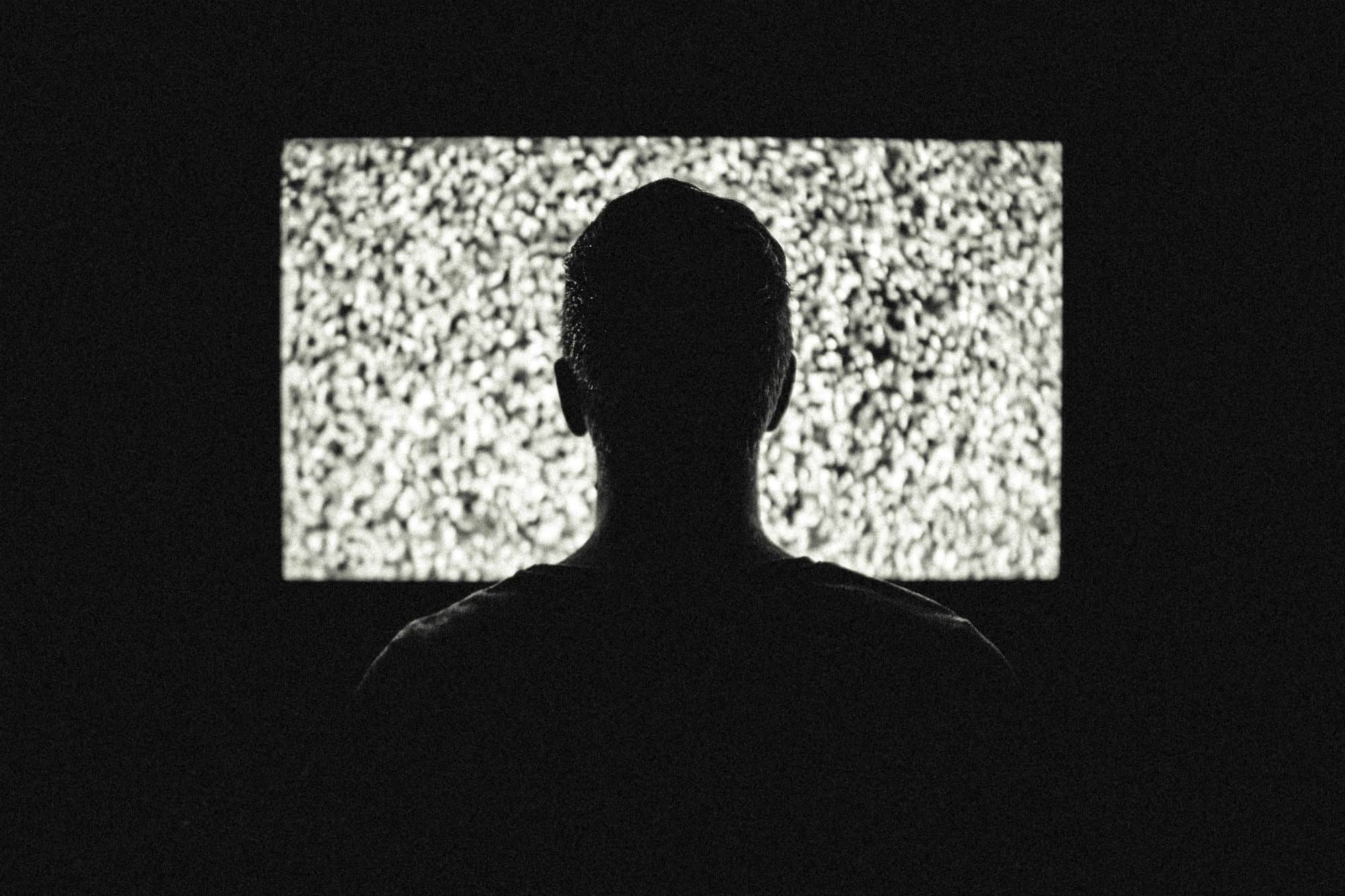Apple has been hit with a class action lawsuit for allegedly tricking iTunes customers into buying its TV season bundles by misleading them over how many episodes are contained.
iTunes sells shows by individual episodes, whole seasons, or season passes, which includes current and future episodes not yet available. The lawsuit takes aim at this last option, claiming that Apple sneakily counts promotional clips as episodes.
For example, one user involved in the lawsuit says that she bought a season pass for Genius: Einstein for $24.99. This was done under the belief that she was getting 13 episodes at a discount from their usual $2.99 per episode price. However, she discovered that seven of these “episodes” were actually promotional clips. Other shows named in the suit include Killing Eve, The Americans, and Westworld.
“Consumers purchase the Season Features, reasonably believing that each episode is a standard, plot-based episode and that, by purchasing the Season Features, they are receiving a significant discount over purchasing each episode individually,” the complaint reads. “However, because many of the episodes in the Season Features are promotional clips, consumers are not receiving the number of episodes and the discount they expected.”
The proposed class of plaintiffs in the case includes, “all persons in the United States who, within the relevant statute of limitations periods, purchased for personal, family, or household, purposes any of the Season Features on Apple TV 4 or 4k, for TV shows containing fewer episodes than represented at the time of purchase.”
Specifically, Apple is being sued for false advertising, unfair competition and fraud, among other claims.
This isn’t the first time that the words Apple uses for advertising downloads has been questioned. Back in 2014, Apple changed the wording on Mac and iOS App Store apps to read “Get” instead of “Free.” This followed pressure from regulators concerned that supposedly free apps actually contained in-app purchases, thereby making the label misleading.
Source: Hollywood Reporter


